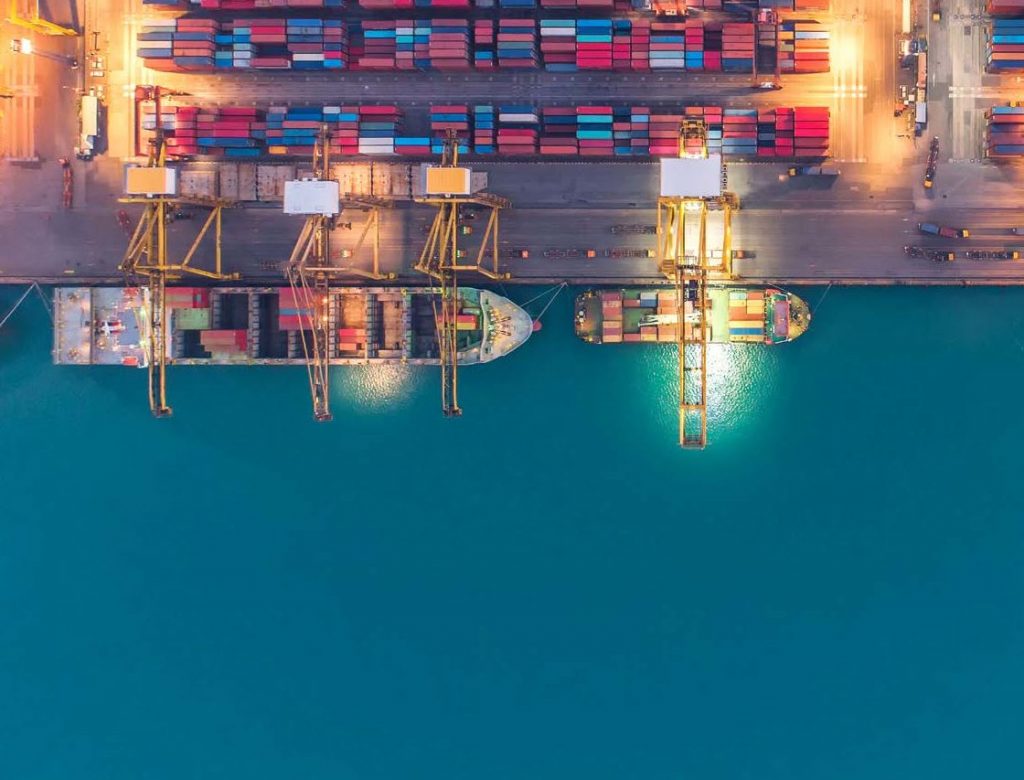Israel’s shipping firm Zim and a unit of LNG giant Shell have signed a 10-year LNG bunkering contract valued at more than $1 billion.
Under the deal, Shell NA LNG will supply ten LNG-fueled vessels that Zim will deploy on Zim’s Container Service Pacific (ZCP), on the Asia to USEC trade, according to a statement.
These ten 15,000-teu containerships will enter into service during 2023 and 2024. Zim will use them to transport goods from China and South Korea to US East Coast and the Caribbean.
Zim said that the deal with Shell may also cover other trades where its chartered LNG-powered ships could work.
For Zim, on the basis that LNG emits about 20 percent less GHG emissions when compared to conventional marine fuels, using LNG on these ten ships is equivalent to having two out of the ten vessels in the fleet with zero emission, it said.
LNG-powered fleet in the making
Zim previously signed deals with Seaspan, a unit of Atlas Corp, for ten 15,000-teu vessels and 15 7,000-teu LNG-powered vessels.
Earlier this year, it also signed a deal to charter three LNG-powered vessels with a capacity of 7,000 units from Idan Ofer’s Eastern Pacific Shipping, boosting the total to 28 LNG-fueled ships.
Zim’s CEO Eli Glickman welcomed this long-term supply agreement with Shell to secure LNG at “competitive terms”.
He said that the company looks forward to partnering with a “global industry leader such as Shell as we take an important step to ensure our fuel sourcing is well planned and of the highest quality.”
“Our growing LNG-powered fleet will enable Zim to be more carbon and cost efficient, while improving our competitive position, particularly on the strategic Asia to USEC trade, and allowing customers to reduce their carbon footprint,” Glickman said.
Steve Hill, executive VP, energy marketing at Shell congratulated ZIM for introducing “the world’s first LNG-fueled very large container ship (VLCS) fleet to operate on the Asia-North America shipping route.”
“Decarbonization of the shipping industry must begin today, and LNG is a lower emission fuel choice currently available in meaningful volumes,” he said.
Also, Hill said that via liquefied biomethane and liquefied e-methane, LNG offers a “credible pathway to net zero GHG emissions.”

